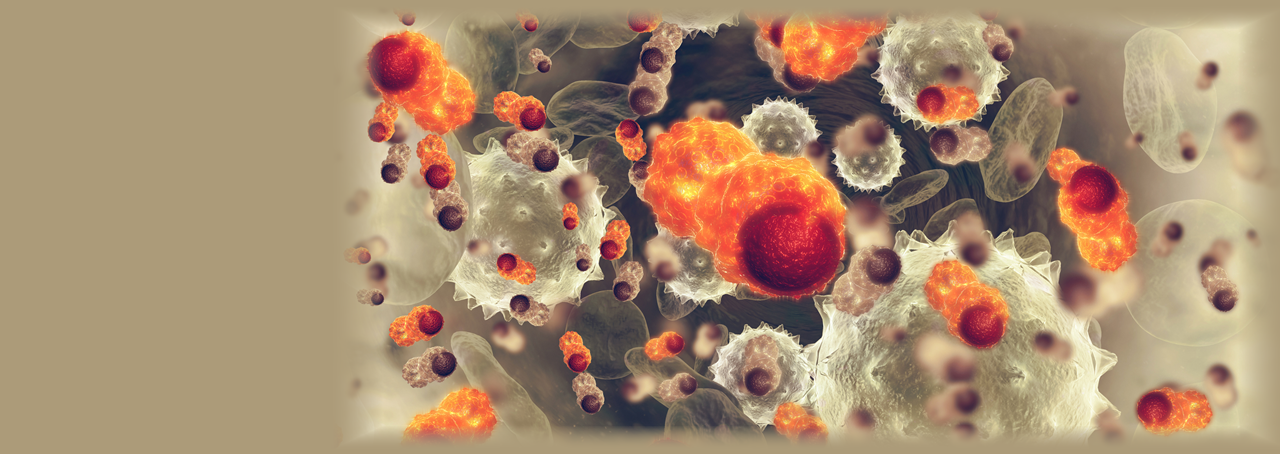Upstate Study Links Ingredient in Sweeteners to Liver Cancer
Courtesy of Upstate Medical University
Research conducted at SUNY Upstate Medical University and recently published in Nature Metabolism found that commonly used sweeteners may cause cancer, and also that it may be possible to prevent the growth of cancer with medication.
Liver cancer is the fifth most common cancer and the third leading cause of cancer-related death worldwide. In a study conceived and designed by SUNY Distinguished Professor Andras Perl, MD, PhD, researchers studied how mice with a genetic mutation also found in humans progress from cirrhosis to liver cancer. Previously, they determined mice with a specific mutation were much more likely to develop cancer; the question now was why.
Researchers found the lack of the enzyme transaldolase (TAL) due to a genetic defect caused sugar alcohols to accumulate; a 216-fold increase of erythritol, a type of sugar alcohol, was found in the subjects who were missing TAL. While the lack of TAL causes the sugar alcohol to accumulate, there’s another piece to the process.
“As we uncovered, the production of sugar alcohols depends on another enzyme, aldose reductase,” explains Perl. “When you block the formation of the sugar alcohol, there’s no cancer.” This could be achieved with medication to stop the aldose reductase from functioning.
While the study looked at the sugar alcohols created by the body, they are chemically identical to the sugar alcohols found in many popular sweeteners on the market.
“We should avoid using sugar alcohols, such as erythritol and sorbitol, as sweeteners.” explains Perl. Erythritol is added to many sugar substitutes, such as Truvia and other stevia/monkfruit/keto reduced-sugar products. Sorbitol is used to sweeten products like chewing gum, ice cream, and mints.
The FDA classifies erythritol as “generally recognized as safe” because it is a naturally occurring compound, but the quantities used in foods are generally much higher than is typically created by the body. “Normally the level in the body is very low, undetectable” Perl said.
“It’s causing liver cancer, there’s no doubt,” said Perl, about sugar alcohols. He describes studying cancer cells in vitro. “When we treat cancer cells with sweeteners, it causes the proliferation of cancer cells; they grow much more rapidly. In contrast, when we treat cancer cells with inhibitors of aldose reductase, it blocks their proliferation.”
This is the first study to show the link between sugar alcohols and liver cancer, and the data also suggests these sugar alcohols could be linked to heart disease. A paper published recently by researchers at the Cleveland Clinic also concluded patients who consumed erythritol were at a higher risk for major adverse cardiovascular events.
Perl thinks this research can help shed light on the impact of these genetic mutations on health. “Apparently, we need TAL to protect us from cancer of the liver and potentially other ailments.” The next step Perl explains is to study the rates of cancer in patients who consume sweeteners with sugar alcohols. Even so, he says this data is enough for people to consider avoiding consuming sweeteners containing erythritol and sorbitol all together. “These studies are quite definitive, that these sweeteners cause cancer.”
The Nature Metabolism paper about this study is here .
comments powered by Disqus


